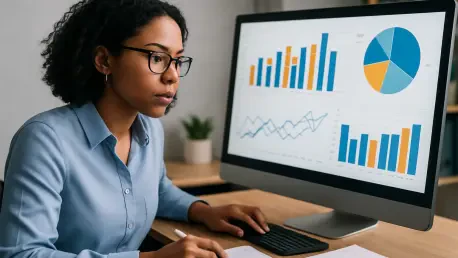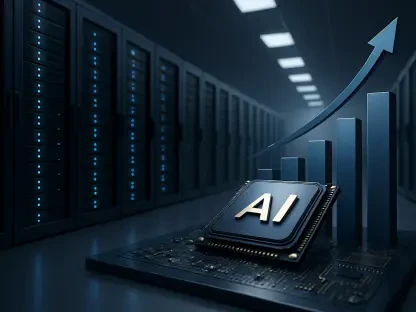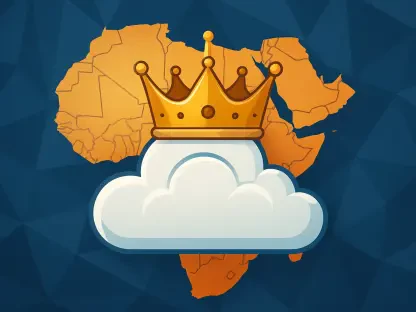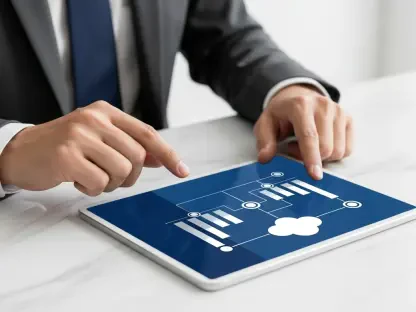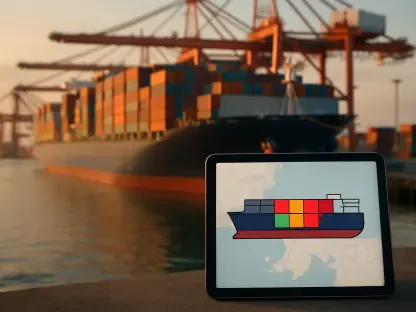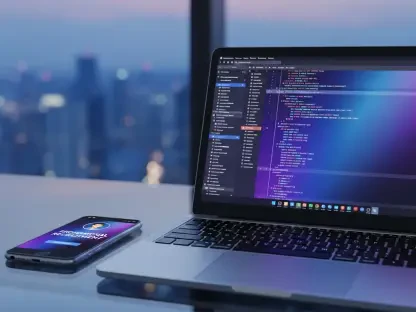Short introductionMeet Chloe Maraina, a visionary in the realm of Business Intelligence with a profound knack for data science. With a passion for weaving compelling visual stories through big data, Chloe is at the forefront of transforming data management and integration. Her journey from healthcare to analytics, coupled with her dedication to empowering women in tech, makes her a remarkable figure in the industry. In this interview, we delve into her inspirations, the challenges she’s faced, her mission to address disparities through data, and her advice for aspiring women in the field.
Can you share the story of how you first found your passion for data and analytics while working in healthcare?
My journey into data started when I was working in healthcare. I was in a role that allowed me to see firsthand how information could reveal patterns and gaps in care delivery. I became fascinated by how numbers and trends could tell stories about patient outcomes and systemic issues. It was eye-opening to realize that data wasn’t just numbers—it was a tool to make a real difference in people’s lives. That realization hooked me, and I knew I had to dive deeper into analytics.
What prompted you to shift your academic focus to data analytics and science, and how did your earlier experiences play a role in that decision?
Early in my career, I was on a path that offered financial stability, but I felt something was missing. Working in healthcare exposed me to the transformative power of technology, and I saw that data offered a future with greater impact and opportunity. My experiences dealing with real-world problems in healthcare gave me a unique perspective—I wanted to solve those problems on a larger scale using data. Switching my major was a leap, but it felt like the natural next step to align my career with my passion.
As someone passionate about inclusivity in healthcare technology, what specific disparities have you noticed that data can help address?
I’ve seen how certain communities are often underrepresented in healthcare data, which leads to biased outcomes and unequal access to care. For example, there are disparities in how treatments are tailored or prioritized for minority groups, often because the data used doesn’t fully represent them. Data can shine a light on these gaps by identifying patterns of inequity, allowing us to advocate for better policies and interventions. It’s about making sure everyone is seen and accounted for in the systems that impact their lives.
How do you envision using data to create change for underrepresented communities in the healthcare space?
My vision is to leverage data to build more equitable healthcare systems. This means using analytics to uncover hidden biases in medical algorithms or care delivery models and then working to correct them. I want to create tools and frameworks that ensure diverse populations are included in research and decision-making. By amplifying their stories through data, we can push for systemic changes that prioritize fairness and access, ultimately improving health outcomes for everyone.
You’ve mentioned the challenges of having skills but not yet the professional title. How did you navigate that frustrating in-between stage?
That stage was tough because I knew I had the capabilities, but I didn’t have the formal recognition to match. It felt like I was constantly proving myself. What kept me going was focusing on tangible results—I took on volunteer projects, built portfolios of real-world data solutions, and sought out mentorship. I treated every opportunity as a chance to learn and showcase my abilities, even if the title wasn’t there yet. Persistence and a growth mindset turned that frustration into a stepping stone.
Through initiatives like Coding in Confidence and your role at GetWITit, you’re empowering women in tech. What inspired you to start Coding in Confidence, and what’s its core mission?
I started Coding in Confidence because I saw so many women, especially beginners, feeling intimidated by tech and analytics. I wanted to create a safe space where they could learn coding—particularly Python—without fear of judgment. The mission of my YouTube channel and community is to break down complex concepts into bite-sized, approachable lessons while fostering a supportive network. It’s about building not just skills, but also the confidence to use them in a field that can feel daunting at first.
How has your role as co-director of technology at GetWITit’s Pittsburgh chapter allowed you to support and uplift women in the tech industry?
Being co-director of technology at GetWITit has been incredibly rewarding. I’ve been able to organize workshops, networking events, and mentorship programs that connect women with opportunities in tech. We focus on skill-building and creating a community where women can share their experiences and challenges. It’s amazing to see participants grow in confidence, take on leadership roles, or land new jobs because of the support they’ve received. I’m proud to help create a space where women feel empowered to thrive in this industry.
You’ve advised women to treat data like a language and to use their unique perspectives as a strength. Can you expand on what you mean by that?
When I say treat data like a language, I mean approach it step by step, just like learning to speak or write. Start with the basics, practice consistently, and soon you’ll be fluent enough to tell powerful stories through data. And as for unique perspectives, women often bring different life experiences to the table, which can uncover insights others might overlook. That’s a strength, not a limitation. Embracing your viewpoint allows you to ask questions and see patterns that add immense value to data analysis. Trust that your voice matters.
Looking ahead, what is your forecast for the future of women in data and analytics?
I’m incredibly optimistic about the future of women in data. I see us continuing to break barriers and lead with both creativity and technical expertise. We’re already driving impact in critical areas like healthcare, equity, and innovation, and I believe that will only grow. As more women enter the field and take on leadership roles, we’ll shape how data is used to solve global challenges. I think we’re on the cusp of a wave where women’s contributions will redefine the industry with curiosity, empathy, and groundbreaking ideas.
